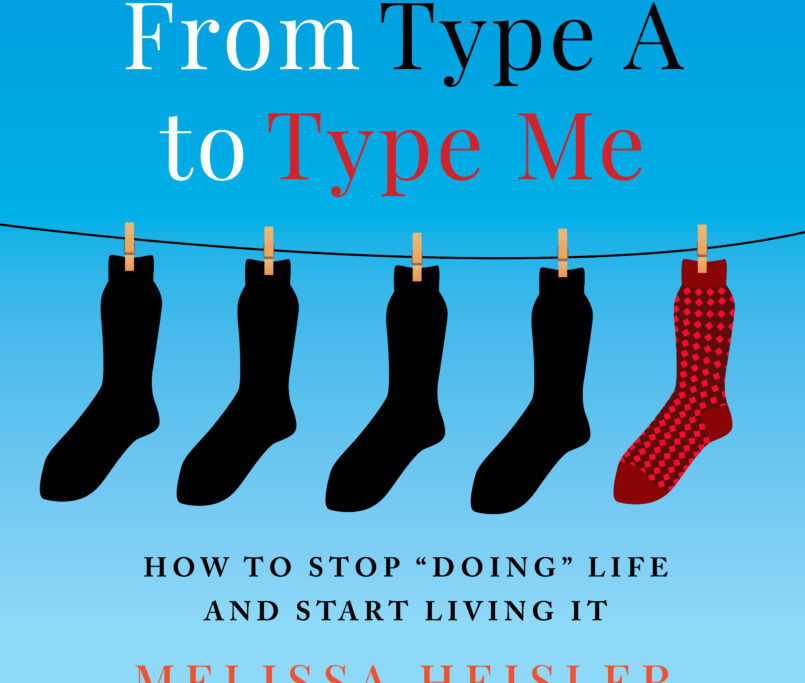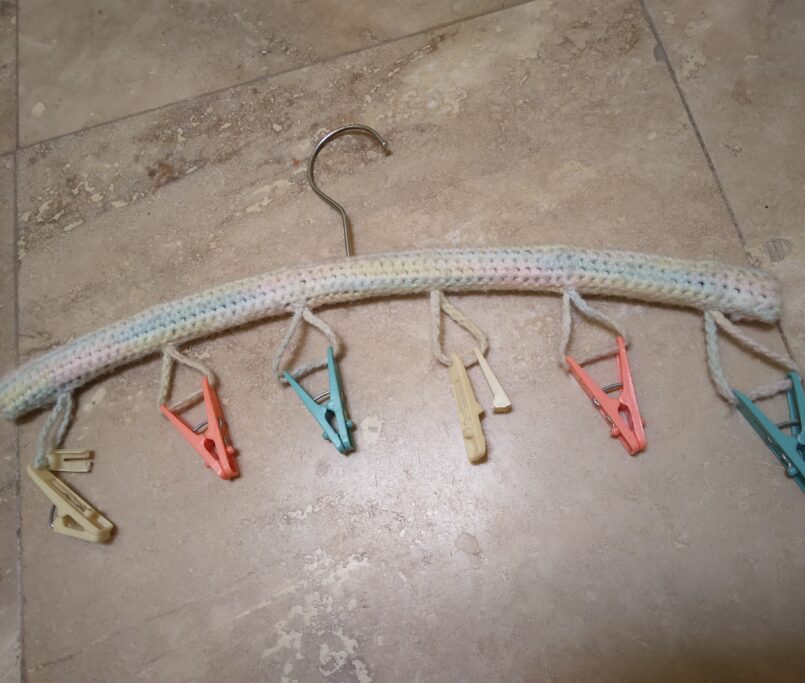Don’t write the ending if you don’t know the full story.
Truth be told, I am a judger. I look at people and see what they can be, not what they are. My desire is to help people be better than they currently are. This is great for my clients. They are paying me to help them become what they strive to become. This is not so great for others I meet along the way. One of my personal drives is to help improve the world by helping to improve ourselves. This is a noble, if also unwelcomed at times, cause.
What I am learning to embrace is to temper my desire to help. I ask myself if this person has asked for my help before I jump into fixing their lives. If I know it is not my business but am still triggered by actions that I “know” could be better, I take a step back and look at where they are versus where I would hope they would be. When a 20-year-old is acting dumb on Médano Beach, I don’t judge them by how this old lady acts. I try to remember how I acted at that age and cut them a bit of slack.
I must remember that I am usually meeting someone mid-story. I assume that they are where I am, or where I aspire them to be. I look at their lives and actions through the perception of my previous experience and growth. This may lead to disappointment, frustration, or assumptions. None of which is fair.
Lately I have been thinking back at my growth over the years. If you would have known me at 20-years old, I was nowhere near the person I am today. I would hate to be judged at that age by the things I take for granted at this age. I simply was not there. And that was ok. I was where I was. I had to be there before I could get here. I had to experience the good, bad, and ugly of that phase, to embrace what I know today.
An innocuous example is salary negotiation. At 25, I was not even thinking about negotiation. My mind focused on if I was good enough or lucky enough to be chosen for a position. Salary negotiation was not even a concept of which I was aware. Later in life, I started to know my worth but still didn’t understand the non-emotional process of negotiating a fair compensation. Today I help others understand negotiation. Sometimes I work with someone who is where I was at 25. I can not get angry at them for not knowing about or feeling comfortable with negotiation. They are where they are; they are where I was too.
We are all where we are. Everyone we meet is somewhere in their story. Only newborns come to us with a clean slate, and some of us may even question that. For the most part, however, we meet everyone mid-story. They may be in their chapter two, maybe chapter fifteen, or maybe in their final chapter. What is important is that we do not make assumptions. We should not judge someone from our perspective, but from where they currently are.
When you run across someone who is challenging, take a minute to check in with your assumptions. Are you judging them by what you expect or by where they truly are in their life? Try to remember too that you don’t know where they have been or what they are currently going through. You are only seeing one chapter in their book.





